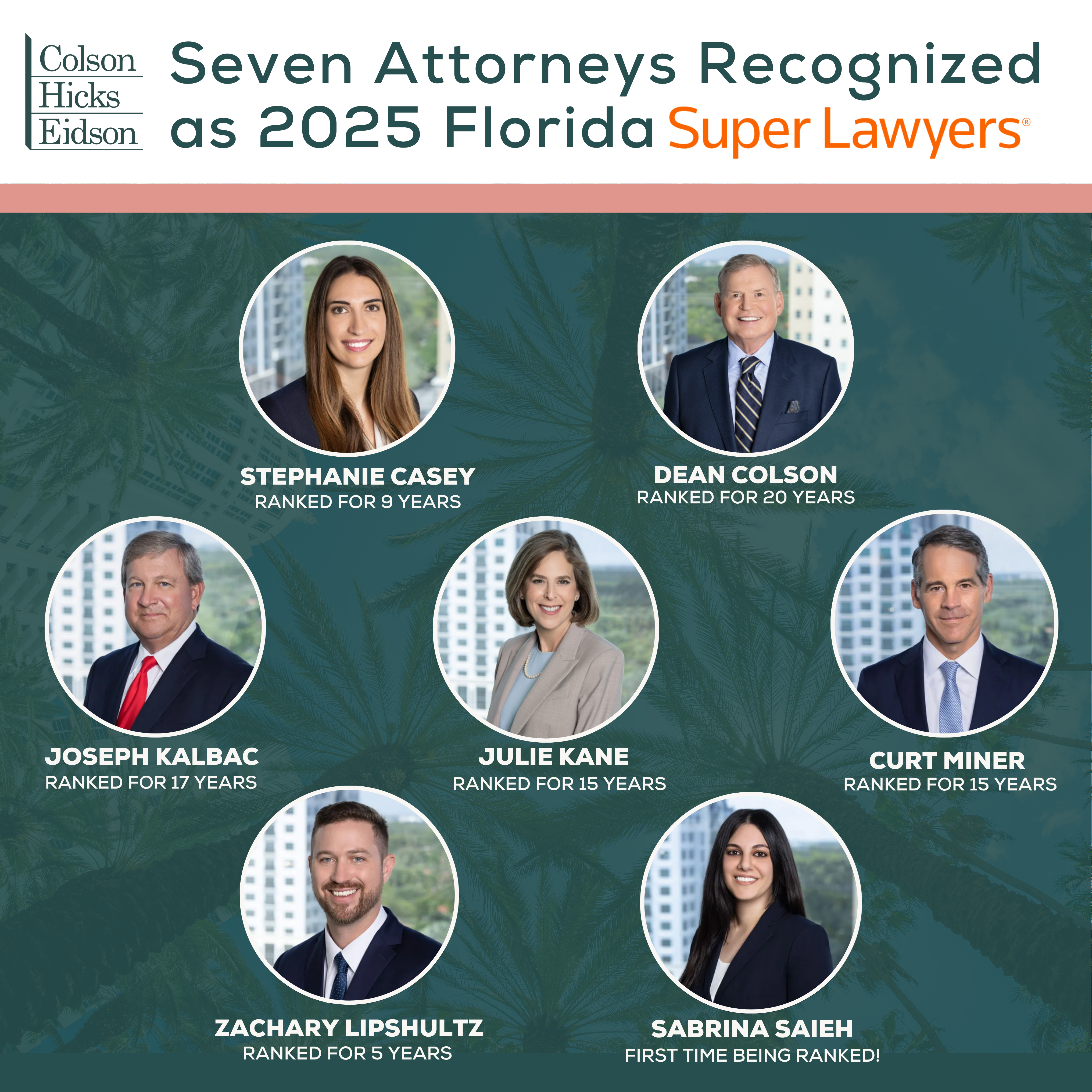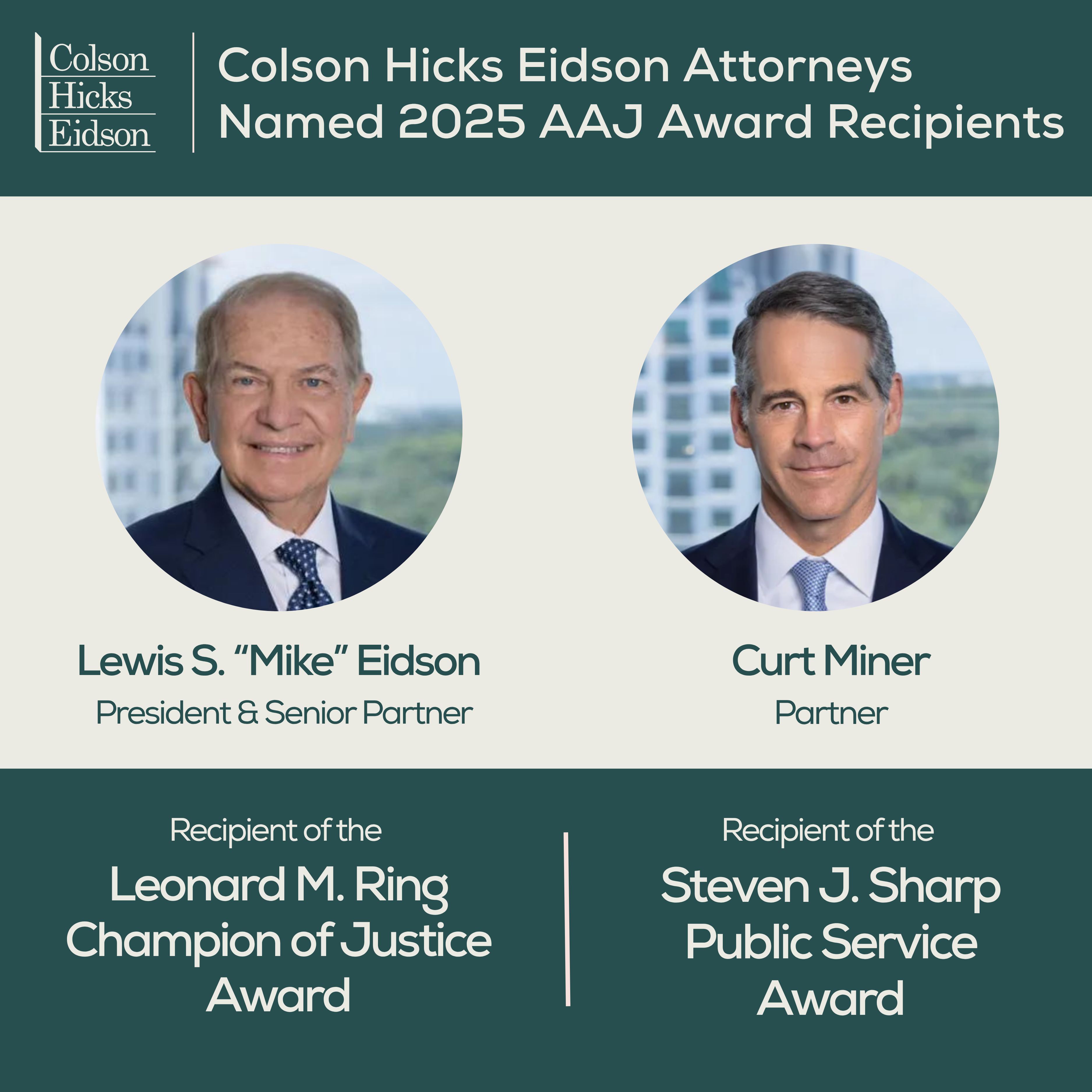When you turn on the TV at night, chances are you will see one or more commercials discussing the recall of a prescription drug. While most people may ignore these commercials, the reality is that prescription drug recalls are not uncommon. However, many people are unaware of the actual drug recall process. It is important to understand why a medication could face recall and what you can do if you or a loved one are harmed due to defective prescription medication.
The FDA Drug Recall Process
Data from the US Food and Drug Administration shows that approximately 4,500 medications or medical devices are recalled each year in the United States.
Prescription drug medications, as well as over-the-counter medications, can be recalled for a variety of reasons. This includes problems with the label, discrepancies in the drug potency, safety concerns, drug contamination, and more. However, while most people think that the FDA has significant authority over recalls, that is not the case. The FDA is allowed to request that a drug manufacturer take the drug off of the market, but recall requests are purely voluntary. A drug manufacturer can choose to ignore them if they want to (though they rarely ignore the FDA).
The FDA’s role in the recall process is first to assess the appropriateness of the recall. If the agency believes that a recall is warranted, they will classify the recall and then oversee the drug company’s response and recall strategy.
- Class I Recalls are related to a product that could cause death or serious harm to a patient.
- Class II Recalls are not as serious, but the drug still poses a notable risk and threat to the patient.
- Class III Recalls are the least likely to cause adverse patient events but still violate the FDA’s labeling or manufacturing laws.
Under the new spending bill proposed by the House Appropriations Committee in the US House of Representatives, there is a proposal that would give the FDA new authority to recall prescription and over-the-counter medications. The agency, if this bill becomes a law, would no longer have to request that the drug manufacturers issue their own recalls. The FDA would be the agency ordering recall.
Let Our Team Get To Work On Your Case
If you or somebody you care about has been injured or become ill due to defective prescription medication, contact the nationally recognized product liability attorneys at Colson Hicks Eidson. We have the resources and legal experience necessary to conduct a full investigation into your case and work to secure the compensation you need. This can include coverage of any medical expenses arising due to the defective medication, lost income if you are unable to work, pain and suffering damages, loss of personal enjoyment damages, and more.
When you need a defective prescription drug attorney in Florida or throughout the United States, you can contact us for a free consultation by clicking here or by calling us at 305-476-7400.





